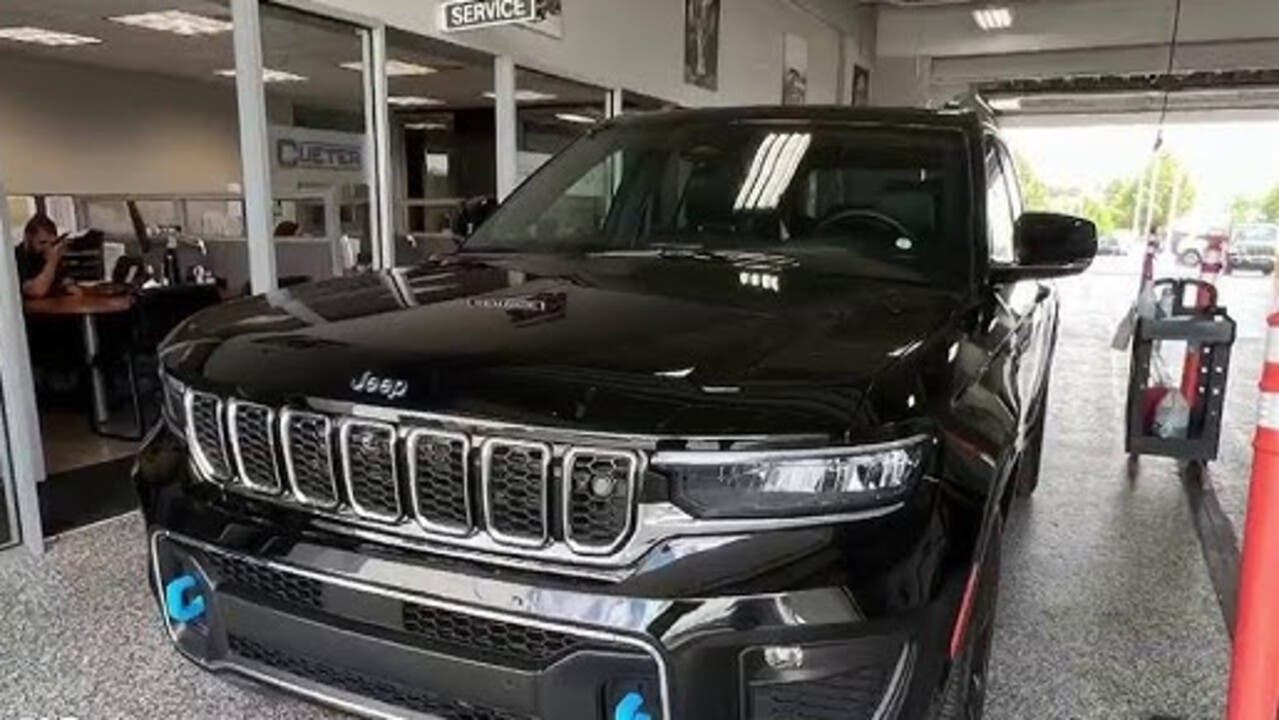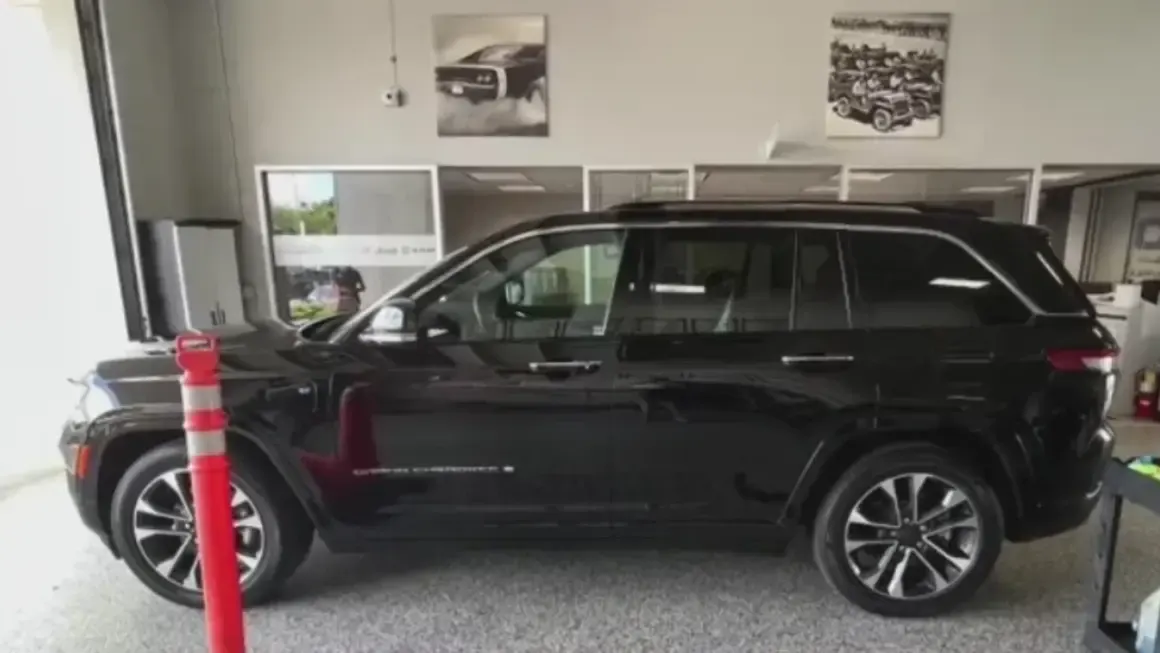PJ and Carly Phillips thought leasing a Jeep Grand Cherokee 4xe would be smooth sailing, instead, it turned into a fix-it carousel and now a courtroom drama. Over the past two years, what began as a standard 39-month lease has spiraled into a fight over losses, reliability, and what counts as a “lemon”.

Early warning signs emerged almost immediately: a flashing infotainment screen, failing backup camera, intermittent HVAC issues. The couple says the SUV spent eight months in shop time cumulatively, each fix triggering another issue, like pulling teeth but with metal. Eventually the heat went out entirely, the camera died, and worst of all: the vehicle shut off mid-drive on the freeway. Miraculously, the timing spared their lives, but not their patience.
The Phillipses invoked Michigan’s Lemon Law, asserting that repeated breakdowns within warranty should qualify the lease for repurchase or replacement. Their first move toward redress was arbitration, where they learned the car was “still under warranty” and didn’t yet meet the arbitrator’s standard for a buyback. The automaker offered a retention payment (a kind of apology stipend), but the couple accepted it only reluctantly, motivated more by downtime and frustration than resolution.

But the troubles persisted. In 2025, after the alarming shutdown incident, they demanded more. The dealership now holds the Stellantis’ vehicle, while they continue paying over $700/month for something that might not even function reliably. Arbitration again favored them, but a judge vacated that decision, citing inappropriate mileage deductions imposed by the arbitrator. The fight now moves to a full court case. They’re asking for a refund on the lease.
Legal experts says that Michigan’s Lemon Law requires multiple repair attempts on the same issue (commonly four or more) within two years, but success hinges on granular facts. The process can drag through discovery, appeals, and counters.
Stellantis has another complication. It issued a recall for 2022-2026 Grand Cherokee plug-in models, citing a software bug that may cause a loss of power. That recall casts shadow over the Phillipses’ claims, and gives their legal team ammunition. At its heart, this is more than a broken car story. It’s a dispute about corporate accountability, consumer rights, and what “new car quality” means in a world of complex electrified systems.
